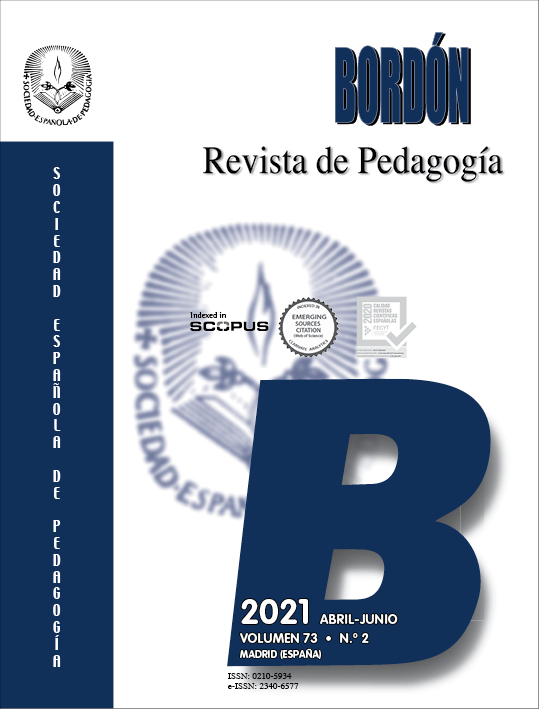Social support in home and group parenting programs
Main Article Content
Abstract
INTRODUCTION. Social support is a complex system made up of various components whose influences can protect or jeopardize the exercise of positive parenting. Few studies have analyzed the relationship of the support components in the effectiveness of parenting education programs. The aim of this study was to analyze the predictive potential of the components of the social support system on the changes experienced by the participants in the group and home version of the Crecer Felices en Familia program, a psychoeducational support program aimed at families with sons and daughters between 0 and 5 years of age at a psychosocial risk. METHOD. The participants were 352 mothers and fathers participating in the program implemented in various autonomous communities of Spain. The composition and level of use of the social network (formal and informal), the types (instrumental, emotional, social interaction and affective support) and satisfaction with the supports were evaluated. The changes experienced by the participants in parental attitudes, parental competence and parental stress were evaluated. RESULTS. The multiple linear regression analyzes indicated that the social support system predicts the changes reported by the participants in the three parental dimensions studied, showing differences according to the parental dimension, the support component and the version of the program applied. DISCUSSION. This result highlights the importance of paying attention to the support system as it can strengthen the changes experienced by the participants after undergoing a parenting education program.

